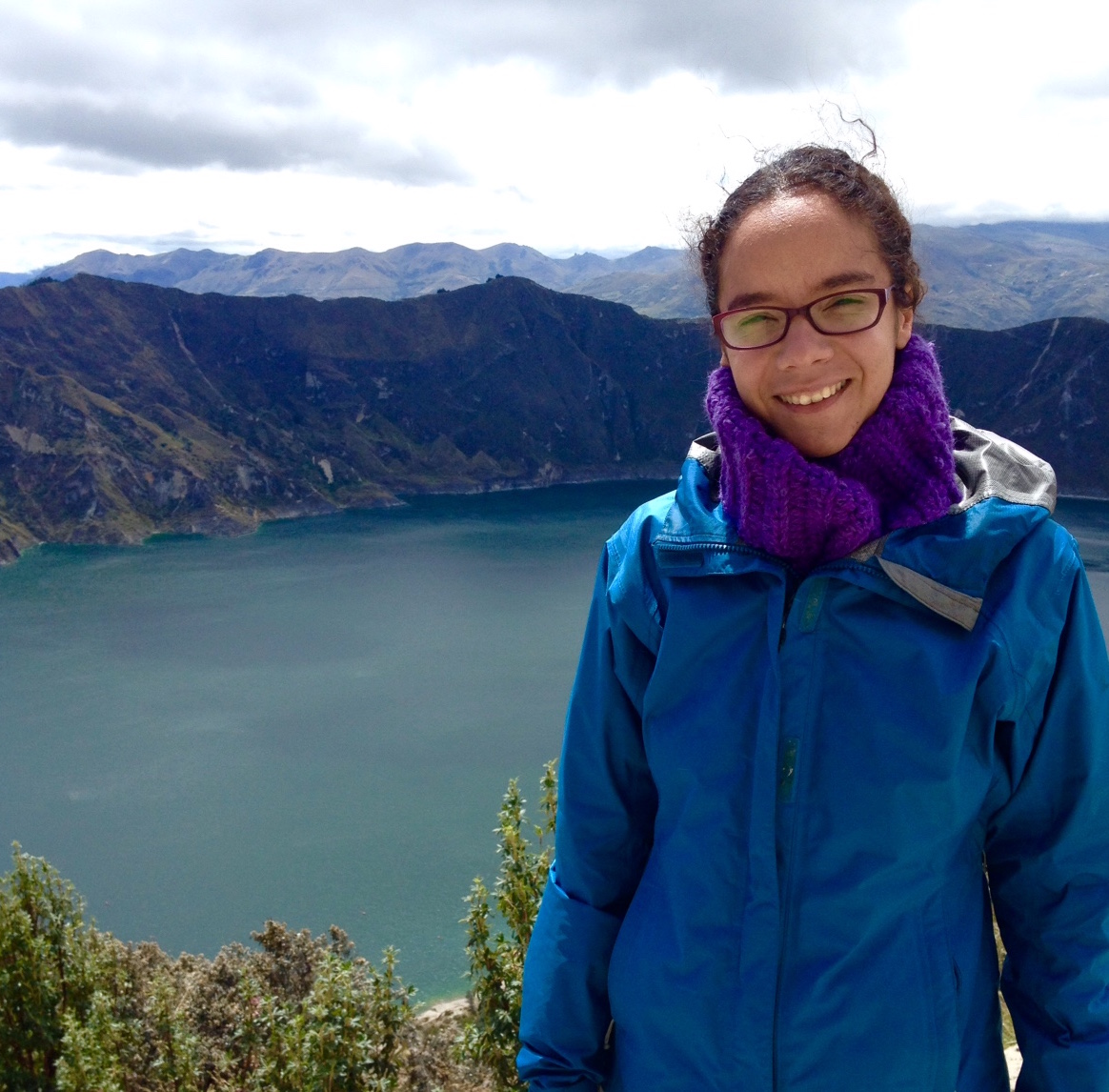We’re excited to announce several new funding sources for our graduate students and research groups. Congratulations to everyone involved!
Student Accomplishments
Graduate student Stephanie Clark-Reyna was awarded the Ford Foundation Predoctoral Fellowship. The aim of the Ford Foundation is to increase diversity in college and university faculties in the U.S. The fellowship is a three-year award and is administered by the Fellowships Office of the National Academies of Sciences, Engineering, and Medicine. This award will support her dissertation research that examines healthcare professionals’ knowledge of environmental determinants of health in El Paso, Texas, and covers her stipend and provides funds to present at the annual conference of Ford Fellows. This year, 65 students were awarded the predoctoral fellowship, out of over 1,800 applicants.
Tibrine da Fonseca, Sociology graduate student and part of the PFAS Lab, has been awarded a National Science Foundation Graduate Student Fellowship in support of her research which examines the experiences of mixed-status immigrant families with the health care system in Boston. Tibrine plans to explore how household members interpret the local political context, and negotiate symbolic and social boundaries of belonging. The NSF Graduate Research Fellowship Program recognizes and supports outstanding students in science, technology, engineering, mathematics, and social science disciplines who are pursuing research-based degrees. The award provides a stipend, tuition support, and research funding for three years.
New Grants
Sharon Harlan, Martha Davis, Laura Senier, and Mariana Sarango have been awarded an internal Northeastern Tier 1 grant titled “Public Health and the Right to Affordable Water.” Access to clean and safe water in the home is essential for human health and well-being but the trend of rising water costs in the United States is well established and growing. A recent national study projects that water bills could become unaffordable (i.e., exceed EPA guideline of 4.5% of annual income) for 36% of American households by 2022. SSEHRI researchers will conduct in-depth interviews with low-income Boston householders to examine the pathways through which unaffordable water bills and water shutoffs for non-payment affect the family’s physical and mental health. Attorneys at the NU Law School will analyze Boston’s water payment assistance plan to identify ways it could better meet basic human needs. The research team will investigate alternative approaches to mitigate the effects of high water rates on public health.
The Environmental Data and Governance Initiative (EDGI), co-founded by a team that includes Professors Sara Wylie and Phil Brown, has received a $500,000 grant from the David and Lucile Packard Foundation for two years of work in 1) archiving environmental data from federal websites that are in danger of being removed or altered; 2) monitoring and publicly reporting on changes to federal environmental, climate, and energy websites; and 3) interviewing past and present staff of the Environmental Protection Agency and other agencies in order to preserve institutional knowledge of environmental agencies and their data. EDGI has become a major aspect of SSEHRI’s work, now involving two core faculty members, an affiliate faculty, two postdocs, the grants administrator, and two graduate students.
Testing for Pease and Toxics Action Center got $14,000 from Seacoast Women’s Giving Circle, a New Hampshire organization, that will support water testing for Testing for Pease. SSEHRI’s PFAS Lab has been working for several years with Testing for Pease, which was a key partner in our June 2017 conference. We helped write this proposal, and SSEHRI Affiliate Faculty Loretta Fernandez will be involved in the water sampling and testing.
